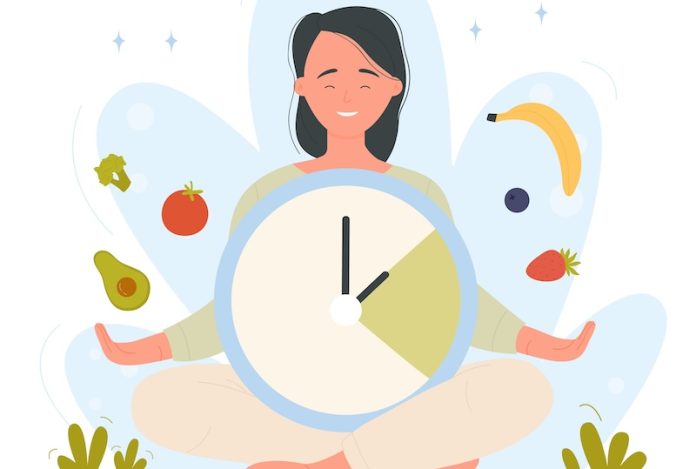
Liver cancer is a serious disease that affects thousands of people each year.
While it can be influenced by genetic factors and environmental exposures, diet also plays a crucial role in liver health and the prevention of liver cancer.
Understanding which foods to eat, avoid, and limit can help manage your risk and support overall liver function.
The liver is your body’s detox center, processing almost everything you eat and drink. When it’s healthy, it cleans your blood and helps digest food.
But when it’s not, things can go wrong, like the development of liver cancer. Here’s a straightforward guide to the best and worst foods for your liver.
Foods to Eat: Eating a balanced diet rich in fruits, vegetables, whole grains, and lean proteins can boost liver health. Specific foods particularly good for the liver include:
- Leafy Greens: Vegetables like spinach, kale, and collards are high in antioxidants, compounds that help protect the liver by reducing inflammation and eliminating toxins.
- Cruciferous Vegetables: Broccoli, cauliflower, and Brussels sprouts enhance the liver’s natural detoxification enzymes, helping to flush out carcinogens.
- Fatty Fish: Salmon, mackerel, and sardines are rich in omega-3 fatty acids, which reduce inflammation in the body and are linked to a lower risk of liver cancer.
- Nuts: Especially walnuts are high in omega-3 fatty acids and antioxidants, supporting healthy liver function.
- Garlic and Onions: These are rich in allicin and selenium, which help cleanse the liver.
Foods to Avoid: Certain foods and substances can be harmful to liver health, particularly if consumed in large amounts:
- Alcohol: Heavy drinking can damage liver cells and lead to swelling or scarring that blocks liver function, which can increase the risk of liver cancer.
- Added Sugars: High intake of sugary foods and beverages, like soda and candy, can lead to fat buildup in the liver, potentially leading to liver disease.
- Fried and Fatty Foods: Foods that are high in saturated fats and trans fats, like fried foods and certain processed snacks, can increase liver fat.
Foods to Limit: Moderation is key for certain foods that can be harmful in large quantities but might be safe or even beneficial in smaller amounts:
- Red Meat: Eating a lot of red meat has been associated with an increased risk of liver cancer. It’s best to limit red meat and choose leaner proteins like poultry or fish.
- Salt: High salt intake can lead to fluid buildup and increased blood pressure in the liver’s veins. Use herbs and spices to flavor food instead of salt.
- Refined Carbohydrates: White bread, pasta, and rice are high in calories but low in fiber, which can lead to liver fat. Opt for whole grain alternatives instead.
Besides diet, maintaining a healthy weight through exercise and regular physical activity can significantly reduce the risk of liver cancer. Obesity is a major risk factor for developing fatty liver disease, which can turn into liver cancer.
For those at higher risk of liver cancer, such as individuals with hepatitis or inherited liver diseases, or those who have been heavy drinkers, it’s particularly important to follow these dietary guidelines.
Regular check-ups with a healthcare provider can also help catch liver disease early, potentially preventing liver cancer.
In summary, a diet rich in fruits, vegetables, and whole grains, with limited intake of alcohol, sugars, and fatty foods, can protect your liver and reduce the risk of liver cancer. A healthy liver isn’t just about avoiding disease; it’s about supporting your body’s overall health and wellness.
Follow us on Twitter for more articles about this topic.
Copyright © 2024 Scientific Diet. All rights reserved.





